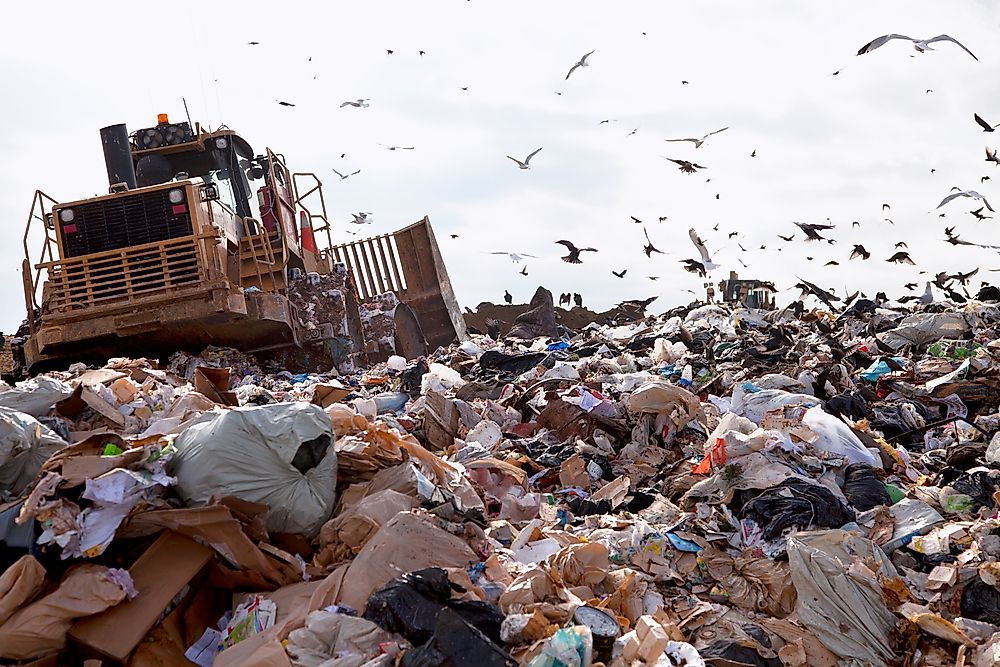How Long Does it Take for Garbage to Decompose?

Biodegradable And Non-Biodegradable Wastes
There exists a common misconception that any form garbage that is buried actually decomposes, especially for mass waste such as landfills. A shocking fact is that some types of waste, including plastics, will still be intact without a single sign of decomposition if it ever is unearthed.
Some forms of waste are biodegradable - this means that micro-organisms in them or from the soil can actually act on them to transform them into decomposed material with a significant fertility level. Soil containing biodegradable waste is actually richer in nutrients than normal soil, hence making it the best kind of natural fertilizer. Others are completely non-biodegradable. This means that no matter how long they are exposed to microorganisms, they wouldn’t decompose at all.
Let’s discover how long it would take for various forms of waste to decompose:
(While most of the figures below are for average conditions, it is essential to note that the nature of the area of disposal is also a primary factor to the rate of decomposition of the garbage. Some conditions are catalysts to the decomposition processes, while other conditions may lead to it getting to an absolute standstill).
Food waste
Depending on the type of food, domestic waste may take days, weeks or months to completely decompose. Having the right decomposition vessel is a factor which influences food decomposition. An appropriate vessel may actually lead to accelerated decomposition.
Paper Waste
Under average conditions, paper takes approximately 2-6 weeks to decompose. However, recycling it saves space in landfills.
Glass
While this is one of the easiest products to recycle, the story turns around completely in the opposite direction when glass is disposed off since the least time glass can take to decompose is a million years. Some researchers say that it doesn’t decompose at all.
Aluminum cans
While buried in landfills, they take between 80-100 years for complete decomposition.
Use-and-dispose Diapers
Disposable diapers take between 250 and 500 years to decompose in landfills.
Plastic
While we interact with them in practically every aspect of our lives ranging from plastic bags to the hardest plastic we know, plastic products are the most polluting products in existence. When buried, they can take up to a thousand years to decompose. The products mentioned are of different types, hence the conditions may not apply for all types. For instance, some plastic materials may take much less to decompose. At the same time, research states that some types of plastics actually never decompose.
To reduce environmental pollution by garbage, the best solution is to recycle as much of it as possible. Deployment of technology in setting up advanced waste management will aid in saving the ground space covered by landfills and open up waste dumpsites. Avoiding the use of products that are associated with solid waste is also a viable solution to this. It all calls for collective responsibility.











